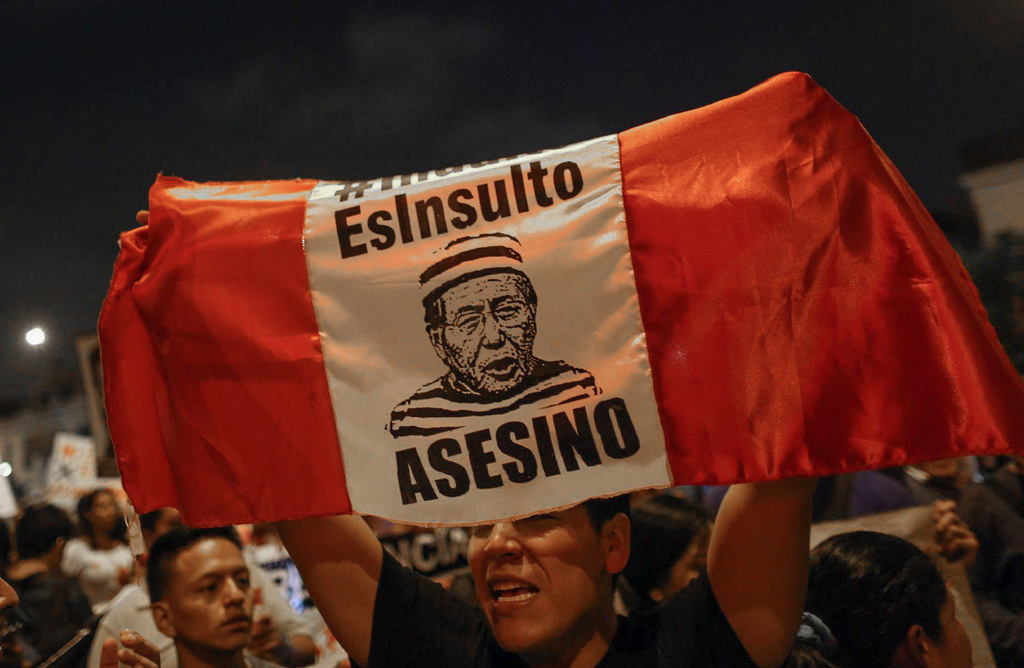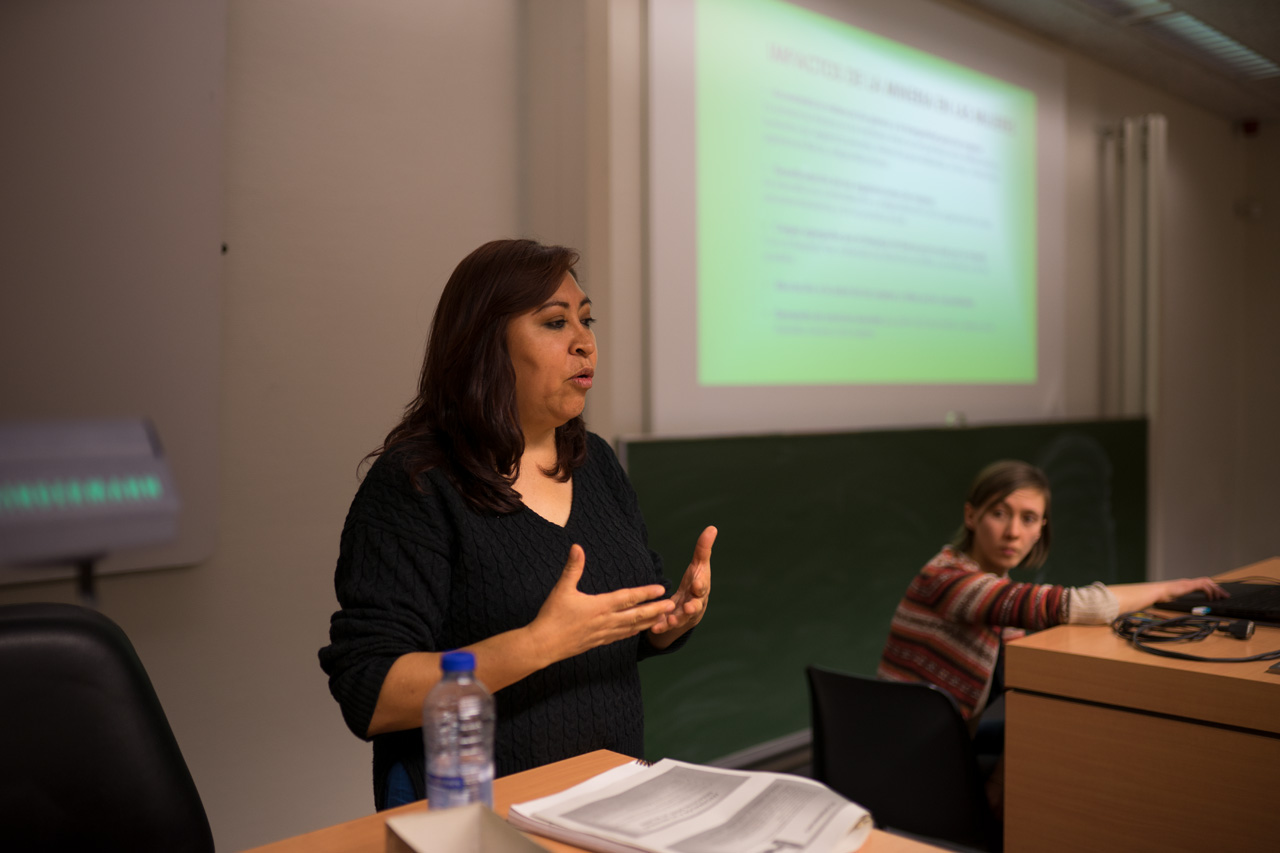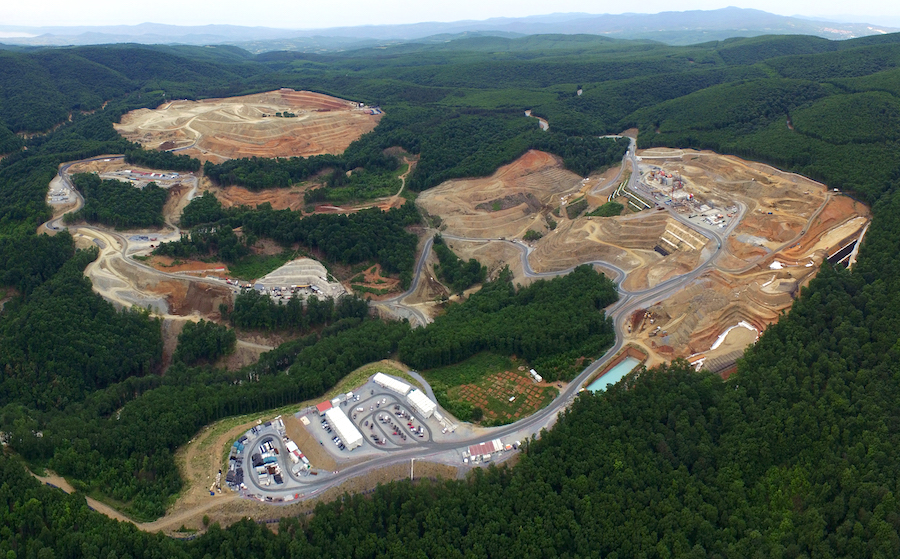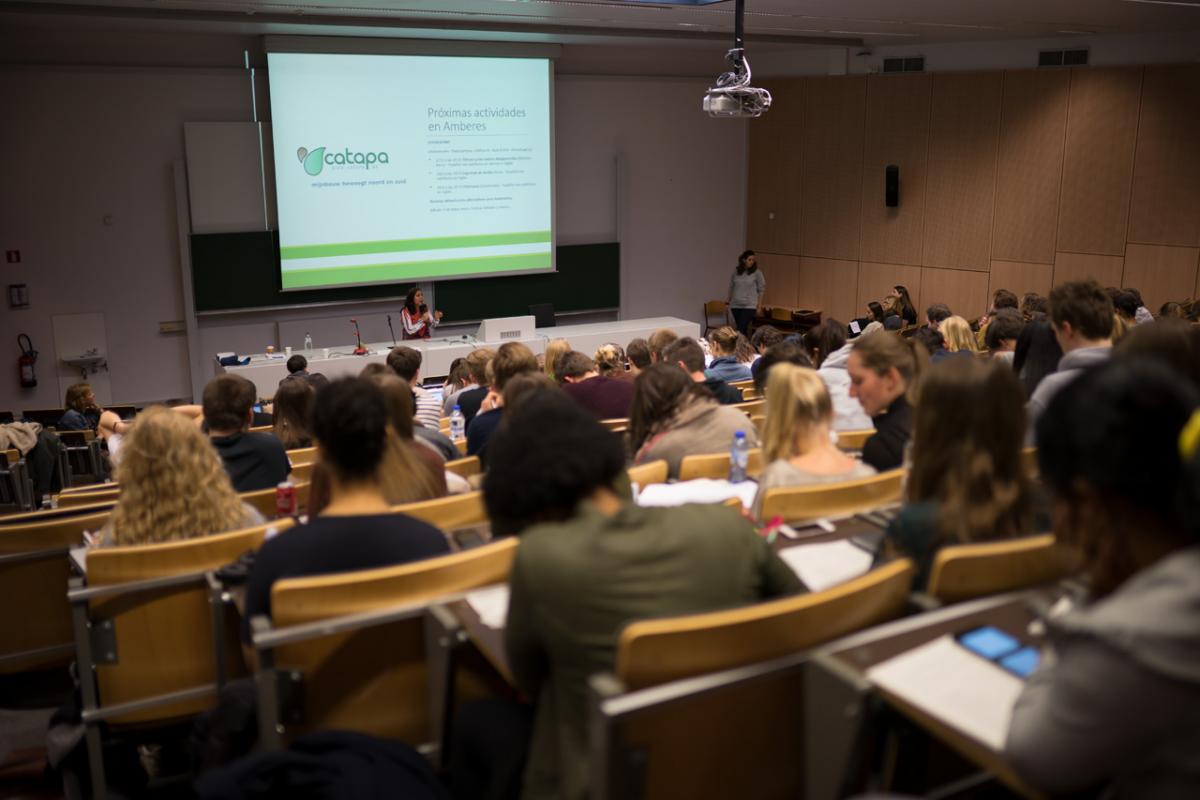Concerns over the irregular humanitarian pardon granted by President Pedro Pablo Kuczynski
Concerns aimed at the EU after pardon of former Peru president Fujimori
Brussels, Monday, 29th January, 2018
The “Plataforma Europa Peru” (PEP), the “EU-LAT Network” (ex CIFCA and Grupo Sur) and CIDSE would like to express their deepest concern to the European Union over the human rights situation in Peru, after the pardon granted to former president Alberto Fujimori, who had been sentenced to 25 years in prison for grave human rights violation. The three civil society networks ask the European Union and Member States to express their deepest concern to the situation and ask the Peruvian State to guarantee the right of the victims and/or their families to truth, justice and reparation, as well as guarantee the effective implementation of international human rights’ norms and judicial sentences given to the Peruvian State by national and international juridical mechanisms.
As indicated by the Inter-American Commission of Human Rights1, the granting of the pardon for alleged health reasons did not comply with the fundamental legal requirements, nor did it respect the elements of transparency and independence of due process, which should have been key during the undertaken technical medical evaluation. This jeopardizes the progress made in recent years in the advancement of democracy and the strengthening of the rule of law in Peru, both of which are
central elements in the European Union’s foreign policy with this country. It also represents a major setback in the search for truth, justice and reparation2 for the victims of the internal conflict (1980 – 2000).
On April 7th 2009, Alberto Fujimori was sentenced to 25 years in prison for grave human rights violation and for crimes against humanity. This sentence was ratified by the Peruvian Supreme Court in December 2009. Amongst other crimes, Fujimori was found guilty of the assassination of nine students and one professor from the University La Cantuta, and the assassination of fifteen people in Barrio Altos, Lima.
These crimes were classified as crimes against humanity by the Inter-American Court of Human Rights in its judgement in the case against Alberto Fujimori in 2011. According to the international human rights law, explicitly endorsed by Inter-American Court during its ruling, crimes against humanity are not subject to pardons or amnesties, given the gravity of the crimes committed. Fujimori was also found guilty of corruption and diversion of funds.
It is important to highlight that the pardon took place in the midst of a political crisis, caused by corruption allegations that have affected a vast number of politicians, including the president, who feared being forced out of office. In fact, president Kuczynski reportedly only escaped being forced to vacate because a number of members of Congress who belong to Fujimori’s pro party abstained their vote, reason why the number of votes required for impeachment was not reached.
The pardon granted on the 24th of December by president Pedro Pablo Kuczynski has been interpreted as a political move to please the Fujimoristas. The Pro-Fujimori party has a majority in Congress and, over the last year, it has limited the Executive’s capacity to govern effectively. From a wider perspective, the pardon can be considered a part of an impunity pact between the Peruvian government and the Fujimoristas, which seeks to cover corruption allegations as well as grave human rights violations over the last decades.
The political background severely questions the fact that the pardon responded to humanitarian reasons. The call for a “national reconciliation” mentioned by president Kuczynski is very worrisome when the rights of victims of human rights violations during the Fujimori mandate are being sidelined and placed below interests that appear to be politically motivated.
The Inter-American Court and the Inter-American Commission of Human Rights voiced their rejection to the pardon because “Peru failed to carry out the Court’s ruling and failed to fulfil its international obligations”. They have also called for the implementation of necessary measures to reestablish the rights of the affected victims.
Because of recent events, the PEP, the EU-LAT Network and CIDSE ask the European Union and Member States to condemn the current situation that allows for grave human rights violations to remain in impunity, and to:
- Ask the Peruvian state to abide by any forthcoming decision taken by the Inter-American Court of Human Rights, which is holding a special session on February 2nd to assess the legality of the pardon and its consequences, – a hearing requested by human rights organizations representing the victims;
- Within the framework of the European Union – Peru dialogue, the European Union should follow up on the results from the legal hearing that took place on 26th January 2018 at the National Penal Court, pertaining the Pativilca case;
- To ask the Peruvian State to adopt the necessary measures to reestablish the right of the victims to truth, justice and reparation, and to follow the recommendations of international experts and institutions to strengthen the rule of law.
- To give their public endorsement to international mechanisms for the protection of human rights, including the Inter-American Commission of Human Rights, in their recommendations to the Peruvian State concerning the pardon;
- To take complementary measures to ensure the full compliance to the Democratic Clause subscribed to by all Member States to the Trade Agreement between the European Union, Peru, Colombia and Ecuador.

Plataforma Europa Perú, Red EU-LAT (ex CIFCA y Grupo Sur), CIDSE
Sources;
1Comunicado de prensa 218/17; “CIDH expresa profunda preocupación y cuestiona el indulto concedido a Alberto Fujimori”.
2Cabe recordar que la Unión Europea misma había financiado proyectos relativos al seguimiento de las recomendaciones de la Comisión Verdad y Reconciliación en 2006.




 his house torched to the ground, all because of his explicit opinion on mining and the defense of land. Eventually he disappeared when he was going to a meeting regarding the problems of mining. Five days later his body was found on the banks of the river Zamora on the level of bridge Chuchumbletza, a part of the region of influence of the Mirador project.
his house torched to the ground, all because of his explicit opinion on mining and the defense of land. Eventually he disappeared when he was going to a meeting regarding the problems of mining. Five days later his body was found on the banks of the river Zamora on the level of bridge Chuchumbletza, a part of the region of influence of the Mirador project.





